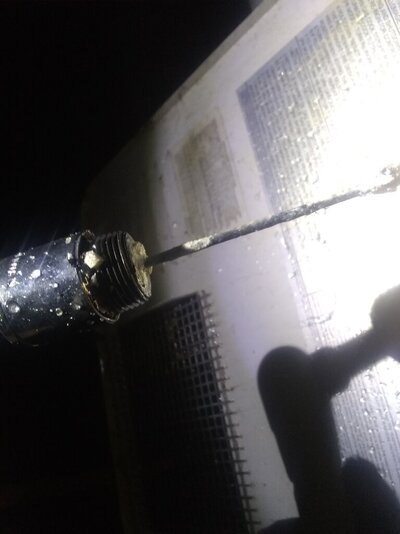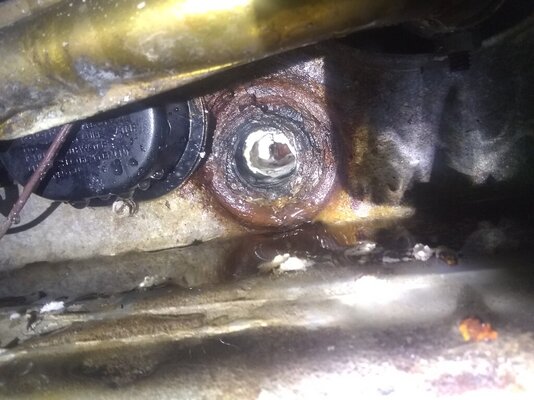John From Detroit
Well-known member
I had a leaky water heater after about a dozen years or so.. Had about a thousand tiny pinholes.. Sprayed all over the compartment or dripped onto the floor of it.. Due to the way water plays games it took me a while to figure out the source.
Others have also given great suggestions.
Others have also given great suggestions.


